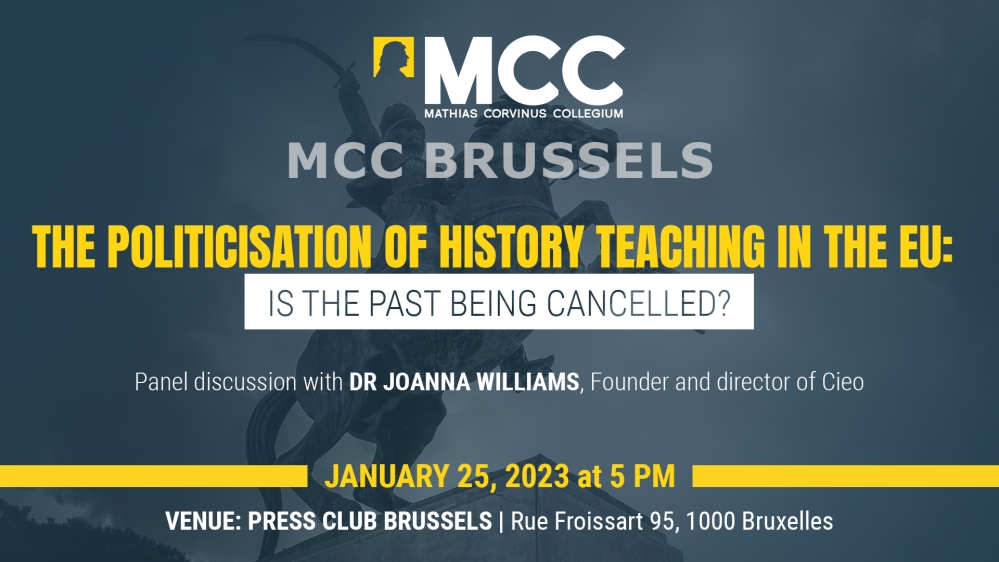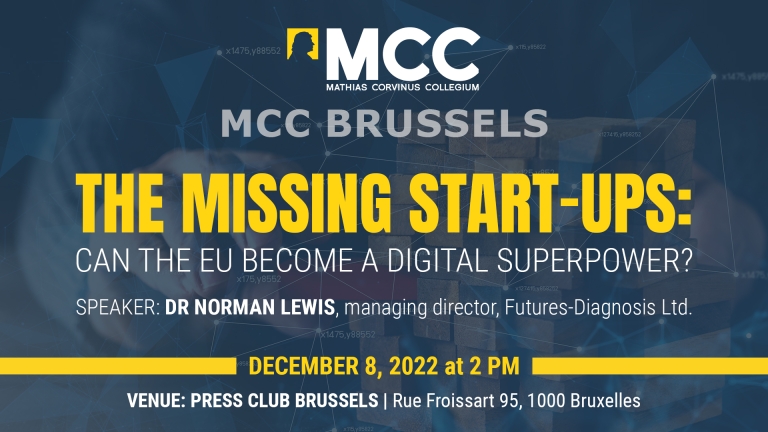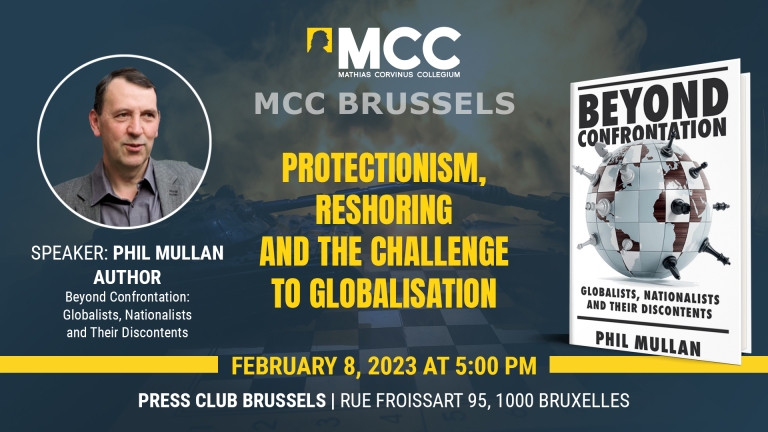WATCH THIS PAST EVENT HERE
Panel discussion with Dr Joanna Williams
It is hard to deny that history teaching is more contested than other school subjects. After all, it implies a sense of national identity and national values. For this reason, it is a topic for public debate and political scrutiny and has been a key concern of the Council of Europe for over seven decades.
Today, many insist that the teaching of history should be sensitive to marginalised communities, the wrongs of empire and colonialism, and to crimes committed in the distant past. History teaching, it is said, is less about transmitting facts about the national past, and more about cultivating the right kinds of values in the present. But many critics worry that if history teaching is no longer concerned with developing pupils’ knowledge of the past, the subject risks becoming reduced to simplistic moral lessons about the present.
If children are taught only what is bad about the past, they are left alienated from their nation? Does the politicisation of history teaching distance younger generations from older ones, who may hold onto older national narratives? Should history teaching have a moral mission – and is it right to call in to question national histories? Is it possible to generate a sense of European culture, which respects the achievements of, for example, the Enlightenment, if the past is taught as a catalogue of horrors?
Join this panel discussion with a presentation from Dr Williams for an exploration of how the teaching of history is being reshaped across the EU.
Speakers:
- Presentation from, Dr Joanna Williams, author of MCC Brussels’ The Politicisation of History Teaching in the EU: Exploiting the past to promote the imperative of social engineering; founder, CIEO; author, How Woke Won
- Thibaud Gibellin, visiting fellow, MCC
- Professor Werner J. Patzelt, Research Director, MCC Brussels


